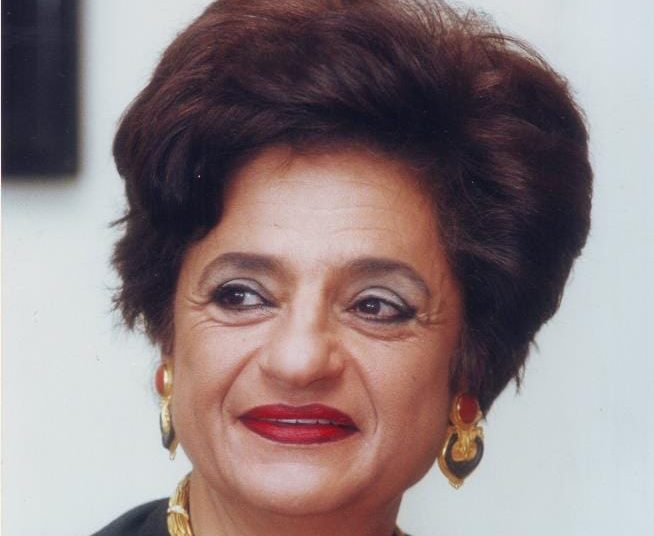Mona Makram Ebeid
Mona Makram Ebeid writes from NewYork on prospects for new governments in the Palestinian territories and Israel.
Under Secretary-General and High Representative for the UN Alliance of Civilisations Miguel Moratinos appointed me as his adviser for international affairs in 2020, an appointment which I was extremely honoured by, particularly in view of Moratinos’ own many accomplishments.
In 2006, Moratinos, a Spanish government minister at the time, was part of the process that gave birth to the alliance. He has a long record of accomplishments, including 14 years in a ministerial position in Spain. The latter country has long been looked upon as a bridge between civilisations such as Judaism, Islam, and Christianity. It includes the cities of Toledo and Cordoba among its many World Heritage Sites.
Moratinos’ motto is that you have to negotiate, you have to engage, and you have to compromise.
Based on this idea, I decided to go to New York and ask him about the present crisis in the Middle East and how the alliance could help in changing a crisis into an opportunity. We believe that the alliance can play a major role in creating an environment conducive to mitigating the present explosive situation.
I asked Moratinos how he thought Palestinian society could recover after the extraordinary trauma of being bombarded by Israel. Could the alliance engage in constructive work with the UN serving as a mediator in negotiations? How did Moratinos see the transitional period after the bombardments stopped, I asked.
Moratinos referred to my last article in Al-Ahram Weekly, which he liked but differed on my choice of Mohamed Dahlan, whom I had described as the man who had the best credentials to “govern” Gaza.
Dahlan is a native of Khan Younis, was a minister under former Palestine Liberation Organisation (PLO) Chairman Yasser Arafat, and was head of security in Gaza. He has excellent relations with Egyptian President Abdel Fattah Al Sisi and with important Israeli figures. He enjoys the protection of the ruler of Abu Dhabi Mohamed bin Zayed and has a good regional sense.
Moratinos differed slightly and suggested that it might be better to put together a triumvirate of Moustafa Barghouti, a major Palestinian intellectual whom I had met when I served as elections observer during the Palestinian presidential elections under the leadership of former US president Jimmy Carter and the National Democratic Institute, Dahlan, and Nasser Al-Koudwa, a UN representative and nephew of Arafat whom I also knew well at the time.
The question is who best represents the Palestinian leadership now? While there are moves to persuade the Palestinian Authority (PA) to go back into Gaza, according to the latest polls in November 66 per cent of Palestinians regard the authority as a burden and more than 85 per cent want Palestinian President Mahmoud Abbas to resign.
The thinking goes that a more representative PLO could hold new elections for a more representative PA, which would have more credibility in both Gaza and the West Bank. But there should be no elections now, as Hamas would be sure to win them. This is why this would require a weakened Hamas to agree to accept the existence of Israel and to commit to negotiating a Palestinian state alongside it.
All agree that there should be a new commitment by the US to provide the Palestinians with a realistic prospect of an independent state. There are also growing calls in Israel to oblige Israeli Prime Minister Benjamin Netanyahu to resign. It is useful to remember that Netanyahu secretly backed Hamas to weaken the PA and that Netanyahu’s government is dedicated to annexing the West Bank.
A new Israeli government should seize this opportunity to turn the present carnage into lasting peace through diplomacy.
I agree that a change in Israel could make a real difference if it is influenced by outside players. Former Egyptian president Anwar Al-Sadat, for example, well understood that he could change Israeli decision-making in this way, even with an extremist like then Israeli prime minister Menachem Begin, a former leader of the Zionist militia the Irgun.
The writer is former senator and member of parliament, professor of political science, adviser to the UN high representative of the Alliance of Civilisations.






Discussion about this post